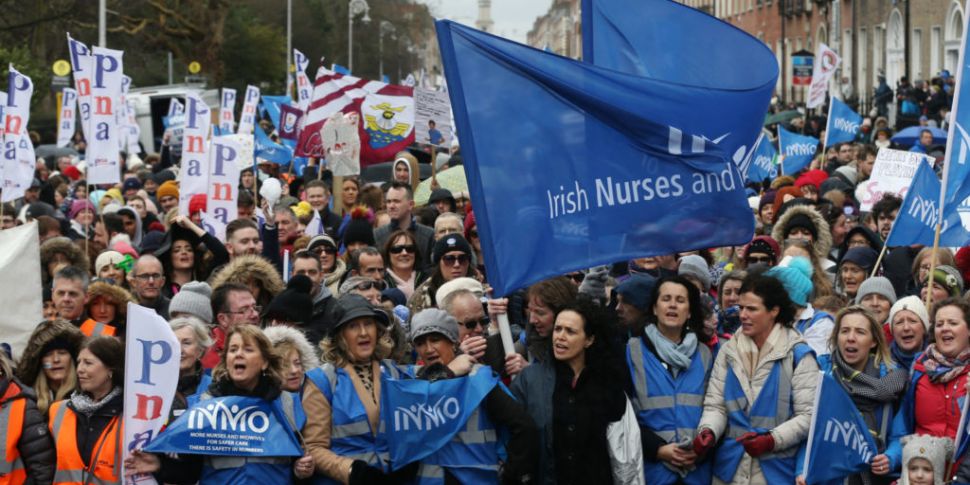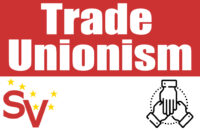There has been a growth in resistance by workers and demands for increased wages, for better terms and conditions, and for union recognition. Pay and conditions for nurses have deteriorated with the continuing “austerity,” and during February nurses and midwives were the latest group of workers to organise and strike to demand their rights.
While many workers in both public and private hospitals are experiencing low pay and poor working conditions, bosses are raking it in. Those in the wealthiest twenty companies earned on average 33 times more than their employees, and secured pay increases twice as large.
The highest-paid twenty bosses saw their pay increase by 5¼ per cent, to €35.8 million, while the wages of their workers rose by only 2½ per cent. Research shows that in the top twenty-six companies the average pay for the top job was €2.3 million, an increase of 6 per cent over the same list compiled last year.
The highest-paid chief executive among the ISEQ 20 group continued to be Albert Manifold of the building materials giant CRH, with a total package of €8.7 million in 2017, of which “basic pay” was €1.4 million. Second on the list for that year was the €5.3 million for the CEO of the DCC group, followed by the €4 million and €3.6 million for the top executives in Tullow Oil and Paddy Power, respectively.
When bonuses are taken into account, the combined total pay of the companies researched is €58.8 million, an increase of 6 per cent over the total for 2016 of €55 million. The gap between the highest and the lowest total pay was in CRH, at €8.7 million, and Aminex, at €355,000.
In a recent report the ICTU stated that the average pay for Irish workers in 2017 was €37,646—which means it would take the average worker 230 years to earn the annual salary of the boss of CRH. It would take a worker in the Kerry Group 214 years to earn what its CEO earns in one year, while for a worker in DCC it would take 141 years.
Here are further details of two of the top twenty companies:
Cairn Homes is a house-building company, founded in 2014. It has seven directors, who between them are also directors of 111 other companies. Income: €40.9 million (2016). Gross profit: €7.1 million. Number of employees: 38.
Glanbia PLC, a global food and ingredients conglomerate with operations in thirty-two countries, began as a group of co-operatives that were converted into private companies in the 1960s. It dominates the market for cheese, milk (Avonmore), and speciality non-dairy ingredients. Operating profit: €213.6 million (2016). Employees: 6,200.
There are other giant firms whose shares are not publicly traded and are not obliged to report details of senior managers’ pay.
On top of salary, the wealthiest bosses and many senior employees of big companies have a range of benefits, including discretionary bonuses, typically in the range 5–15 per cent, private health insurance, pensions, life insurance, and additional holidays.
A growing proportion of companies are offering more performance incentives, such as share schemes and increased commission on sales. This means more pressure on employees to work harder and longer and to meet higher targets, thereby intensifying exploitation.
Research also shows that salary increases will continue to be at the level of approximately 5 per cent in finance, HR, sales, marketing, engineering, IT, and legal and accountancy firms, with certain jobs in science earning salary increases of up to 15 per cent.
More than half the world’s largest global fund services, banking and aviation leasing companies have their head office in Ireland.
While a significant number of workers in both the public and the private sector have come under huge pressure and are experiencing deteriorating working conditions, the employers are making big salaries and big profits.
Research also shows that where workers are organised, pay and conditions are better. Those not in a trade union need to join one. As never before, workers need to organise.






